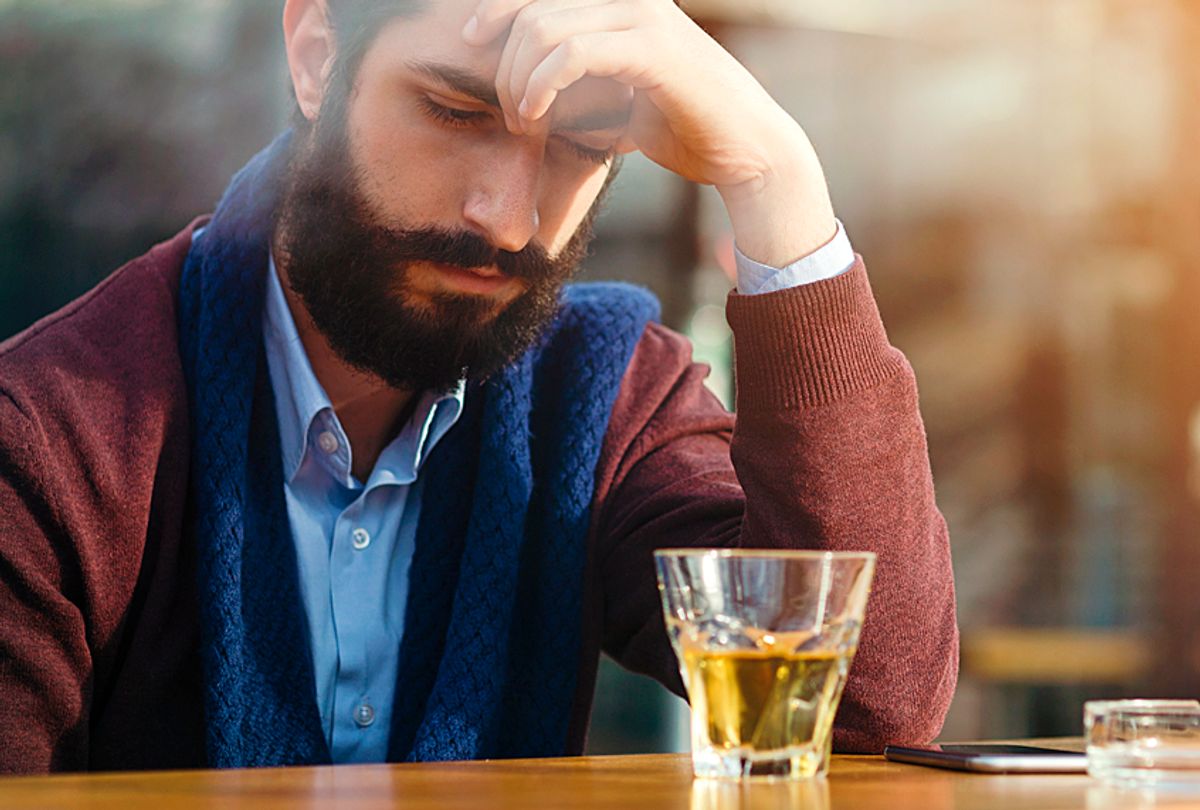Several years ago, one of us (Dominic) was consulting with university administration on their sexual violence prevention program.
All colleges and universities that receive Title IX funding are federally mandated to offer intervention programs, where bystanders are trained to intervene in risky sexual situations. These programs aim to reduce campus sexual violence, as one in five college women say they’ve been a victim of sexual assault.
The good news is that studies show that such programs can help bystanders prevent sexual violence. The bad news is that risky sexual situations often involve alcohol, and there’s no research on how alcohol intoxication might influence bystanders’ ability to intervene. These programs weren’t designed to help bystanders compensate for the effects of alcohol on their decisions in these situations.
When I mentioned this problem, one administrator was shocked. Essentially, the university would be paying thousands of dollars for mandated prevention programming — with no evidence to suggest that it would help when students were drinking.
Unfortunately, the field remains where it was several years ago. Our latest work tries to finally understand how alcohol affects bystanders.
A narrow spotlight
One recent study indicates that bystanders are present for nearly 20 percent of sexual assaults, yet actually intervened in just 27 percent of those cases.
To intervene successfully, bystanders must make a series of decisions. Research suggests that at least half of campus sexual assaults involve alcohol use, and bystanders are likely drinking in these situations as well. We believe that alcohol intoxication inhibits these decisions and prevents bystanders from acting.
This is based largely on the premise that alcohol intoxication affects what people pay attention to in a situation. Think of attention as a spotlight. Sober people have a very wide spotlight. They can perceive a lot of information in their environment — both information that is significant and noticeable and information that’s easily overlooked. But when people are drunk, their attention narrows. They tend to consider only information that easily captures their attention.
Consider the decisions necessary for bystanders to effectively intervene.
First, a person must notice the risky situation. You cannot intervene to prevent sexual violence if you don’t see it. Signs of an unwanted sexual advance — like averted eye contact or polite resistance — are often subtle. Intoxicated individuals are more likely to “zone out” compared to their sober counterparts.
Second, bystanders must figure out if it’s appropriate to intervene in a given situation. It’s rare for bystanders to witness a rape in progress. They’re more likely to witness behavior that precedes the assault, such as inappropriate sexual conversations. Such signs can seem ambiguous, and it may be unclear to a bystander if someone’s sexual boundaries are being crossed. Alcohol can exacerbate that ambiguity, making it harder to pick up on the risk for sexual violence.
Even in ideal circumstances, it’s difficult for bystanders to accept the responsibility to act. When other people are around, an individual is less likely to intervene. There isn’t any research to directly show this, but we believe alcohol likely strengthens this “bystander effect” — the person will look to someone else to intervene, instead of taking action themselves.
After all that, bystanders must decide how to help. Most bystander intervention programs teach students a range of strategies, such as how to use humor to safely and effectively intervene.
But acute alcohol intoxication impairs our ability to solve problems, plan out our behavior and stick to it. Intoxicated bystanders who would otherwise have the skills and confidence to intervene are less able to effectively implement a plan of action.
What’s more, bystanders must overcome their fear of how others will perceive them. Men may feel that they shouldn’t intrude on another man’s “sexual conquest” or fear losing respect from male peers if they intervene. Alcohol likely heightens men’s focus on these barriers and makes intervention less likely.
Better training for bystanders
There is no research that addresses the role of alcohol on bystander intervention for sexual violence. However, we recommend that colleges and universities consider adapting their prevention strategies.
Even current bystander training programs that do include an alcohol component focus on how alcohol impacts victims and perpetrators of sexual violence, rather than bystanders. But we believe that these programs should also focus on how alcohol intoxication impacts bystanders themselves. Programs should discuss the potential impairing effects of alcohol and how to intervene effectively when drinking. (We are currently working on a pilot for such a program.)
Colleges should also examine their policies. Evidence shows that there are ways colleges can successfully limit heavy alcohol use, such as college bans or limits on alcohol, as well as restrictions on the number and type of alcohol outlets. If we’re correct that sober individuals are more likely to intervene than intoxicated individuals, then these approaches may, in turn, increase bystander intervention.
In the same vein, colleges could implement initiatives that ensure the presence of sober bystanders. For example, at Cornell University, a student-led group called “Cayuga’s Watchers” provides sober party monitors who serve as responsible — and sober — bystanders. Similarly, there are programs that train bar staff to be effective bystanders. Colleges could partner with local bars that are often frequented by students to train these staff, and thus make these venues safer for all patrons.
Dominic Parrott, Professor of Psychology, Georgia State University and Ruschelle Leone, Doctoral Candidate in Clinical Psychology, Georgia State University



Shares